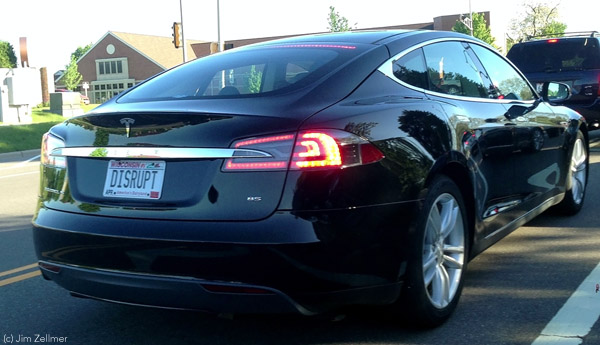Monthly Archives: June 2013
Epic Systems Clearing Storm Landscape Images



Judy Faulkner’s Epic Systems has grown explosively over the past decade. I thought it time to capture a few landscape images of Epic’s sprawling Verona, WI campus from nearby public roads (tap or click on the images above to view larger versions).
While certainly a fan of Epic’s growth, I am very disappointed that the most recent impetus has been driven by a significant federal “stimulus” tax credit:
Eligible professionals can receive up to $44,000 through the Medicare EHR Incentive Program and up to $63,750 through the Medicaid EHR (electronic health record) Incentive Program.
. This means that we get to pay twice, once via our ever increasing health insurance fees and second, via taxes. I am unaware of any other industry that has a substantial per person automation tax incentive.
Fiscal indulgences, indeed.
Epic’s growth has begun to attract attention, particularly around system interoperability and Faulkner’s presence as the only industry representative on a federal panel overseeing the $19 billion EHR stimulus incentive.
A few links:
- An Interview With The Most Powerful Woman In Health Care
- Epic Systems: Epic Tale
- An Epic Voyage
- twitter.com/FakeEpicJudy
- Questions raised about Epic software – Kaiser official quits in flap on cost overruns Epic responds to critics of electronic record installation
- Epic has been involved in some political skirmishes as well.
- Epic Systems’ Tough Billionaire
- Epic’s website, Facebook flickr
- Epic diss: Verona health records company left out of new industry collaboration
Tokyo at Night in Monochrome
Markus Nagele. Very Nice.
The Banality of ‘Don’t Be Evil’
“THE New Digital Age” is a startlingly clear and provocative blueprint for technocratic imperialism, from two of its leading witch doctors, Eric Schmidt and Jared Cohen, who construct a new idiom for United States global power in the 21st century. This idiom reflects the ever closer union between the State Department and Silicon Valley, as personified by Mr. Schmidt, the executive chairman of Google, and Mr. Cohen, a former adviser to Condoleezza Rice and Hillary Clinton who is now director of Google Ideas.
The authors met in occupied Baghdad in 2009, when the book was conceived. Strolling among the ruins, the two became excited that consumer technology was transforming a society flattened by United States military occupation. They decided the tech industry could be a powerful agent of American foreign policy.
The book proselytizes the role of technology in reshaping the world’s people and nations into likenesses of the world’s dominant superpower, whether they want to be reshaped or not. The prose is terse, the argument confident and the wisdom — banal. But this isn’t a book designed to be read. It is a major declaration designed to foster alliances.
“The New Digital Age” is, beyond anything else, an attempt by Google to position itself as America’s geopolitical visionary — the one company that can answer the question “Where should America go?” It is not surprising that a respectable cast of the world’s most famous warmongers has been trotted out to give its stamp of approval to this enticement to Western soft power. The acknowledgments give pride of place to Henry Kissinger, who along with Tony Blair and the former C.I.A. director Michael Hayden provided advance praise for the book.
